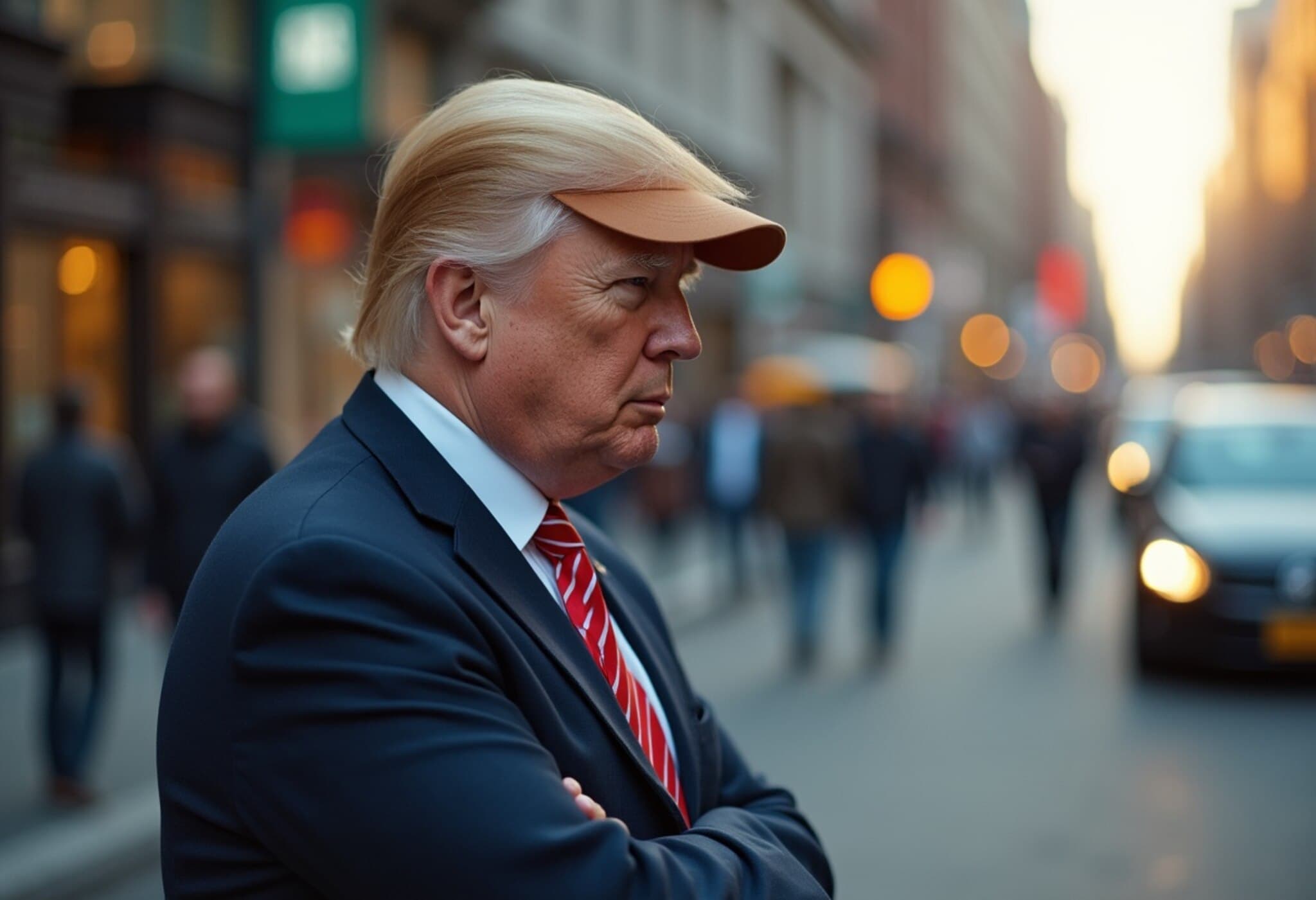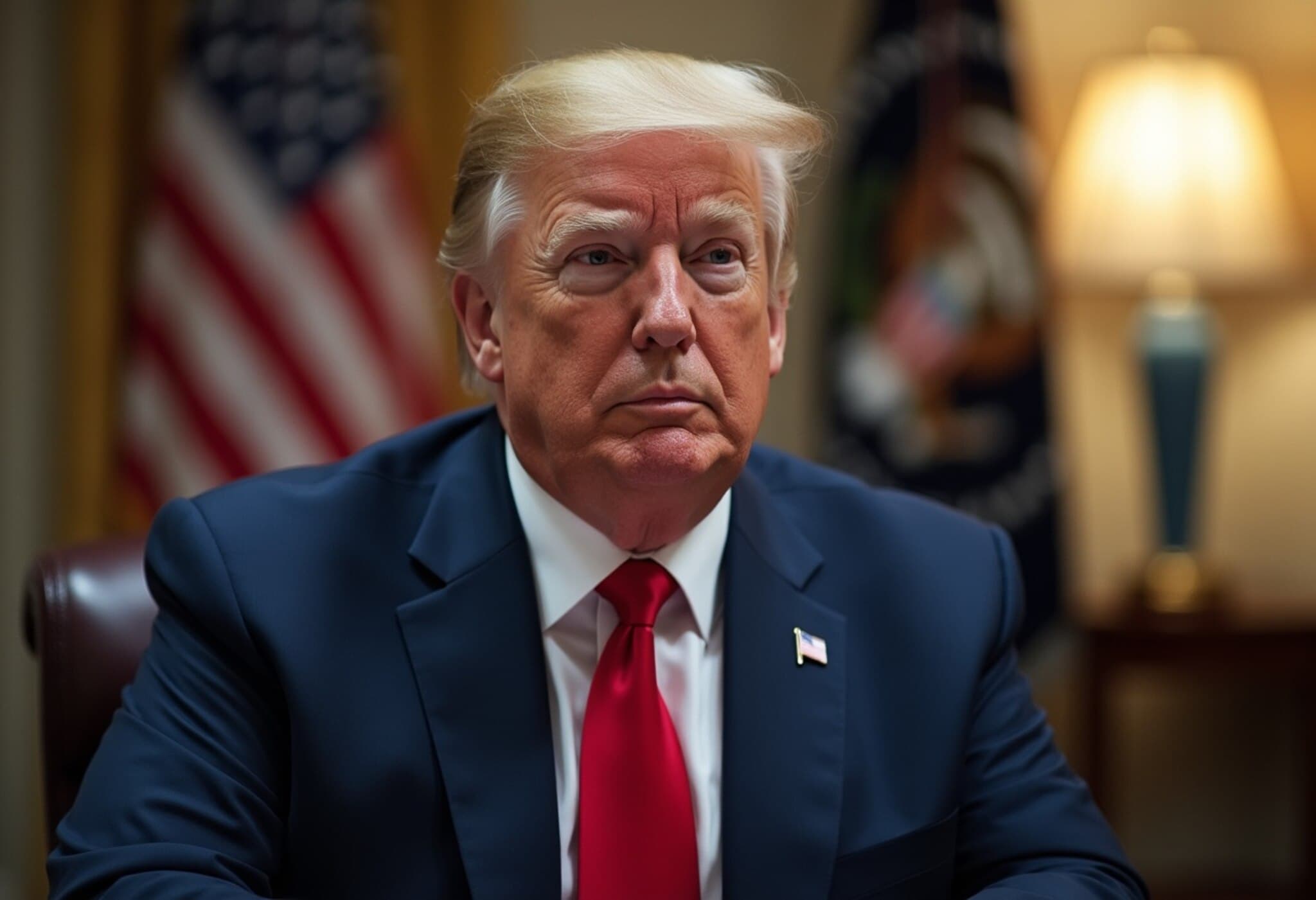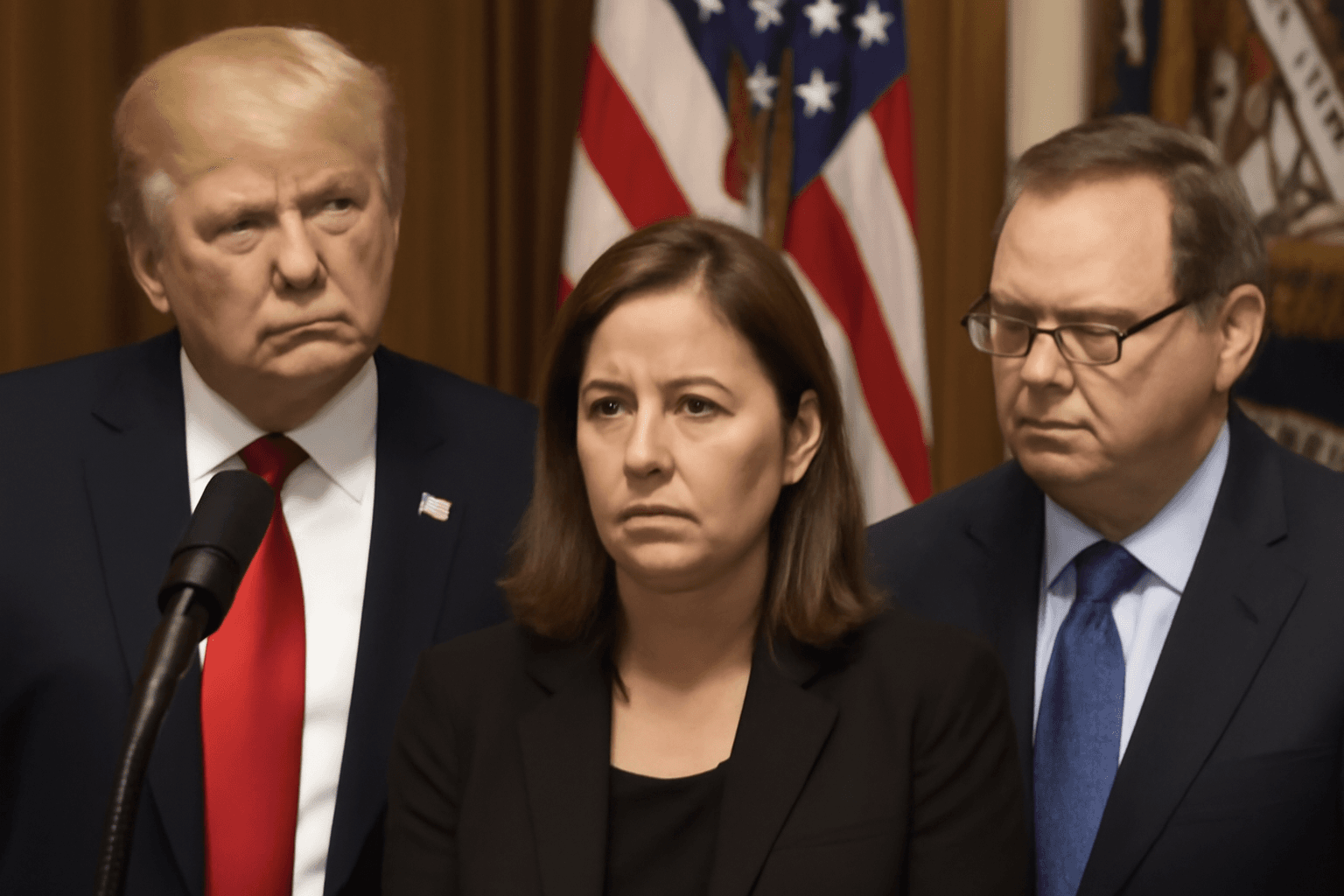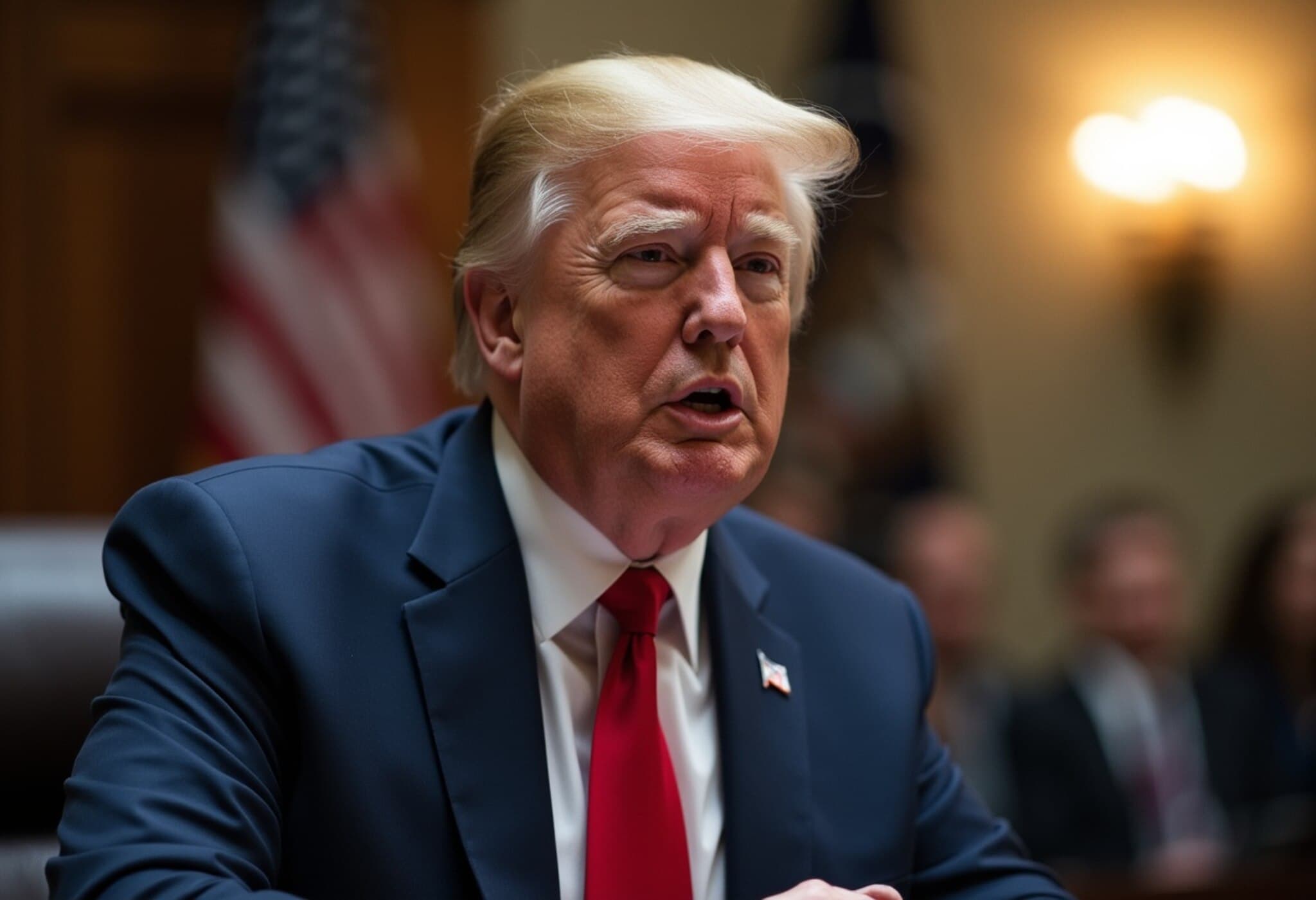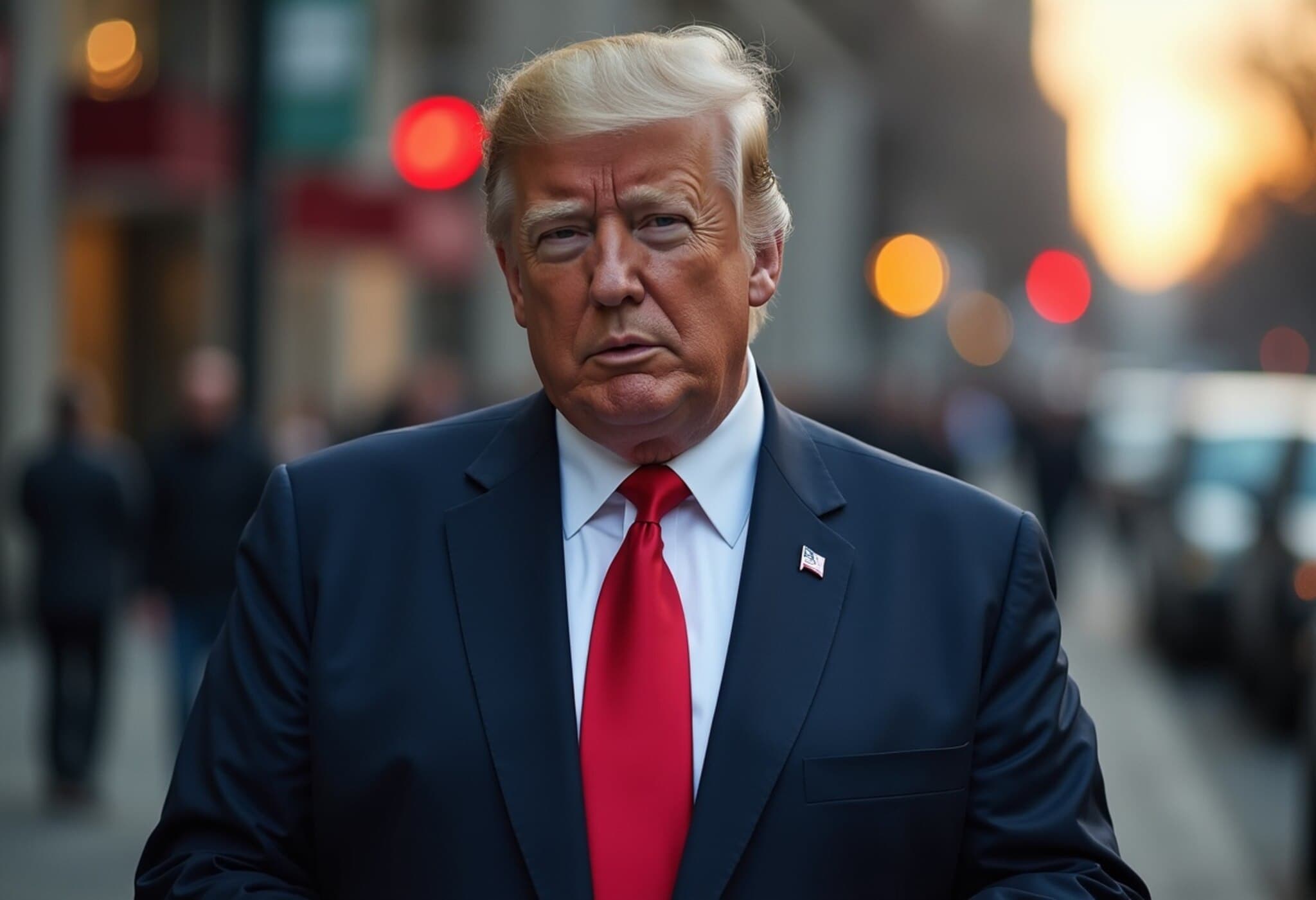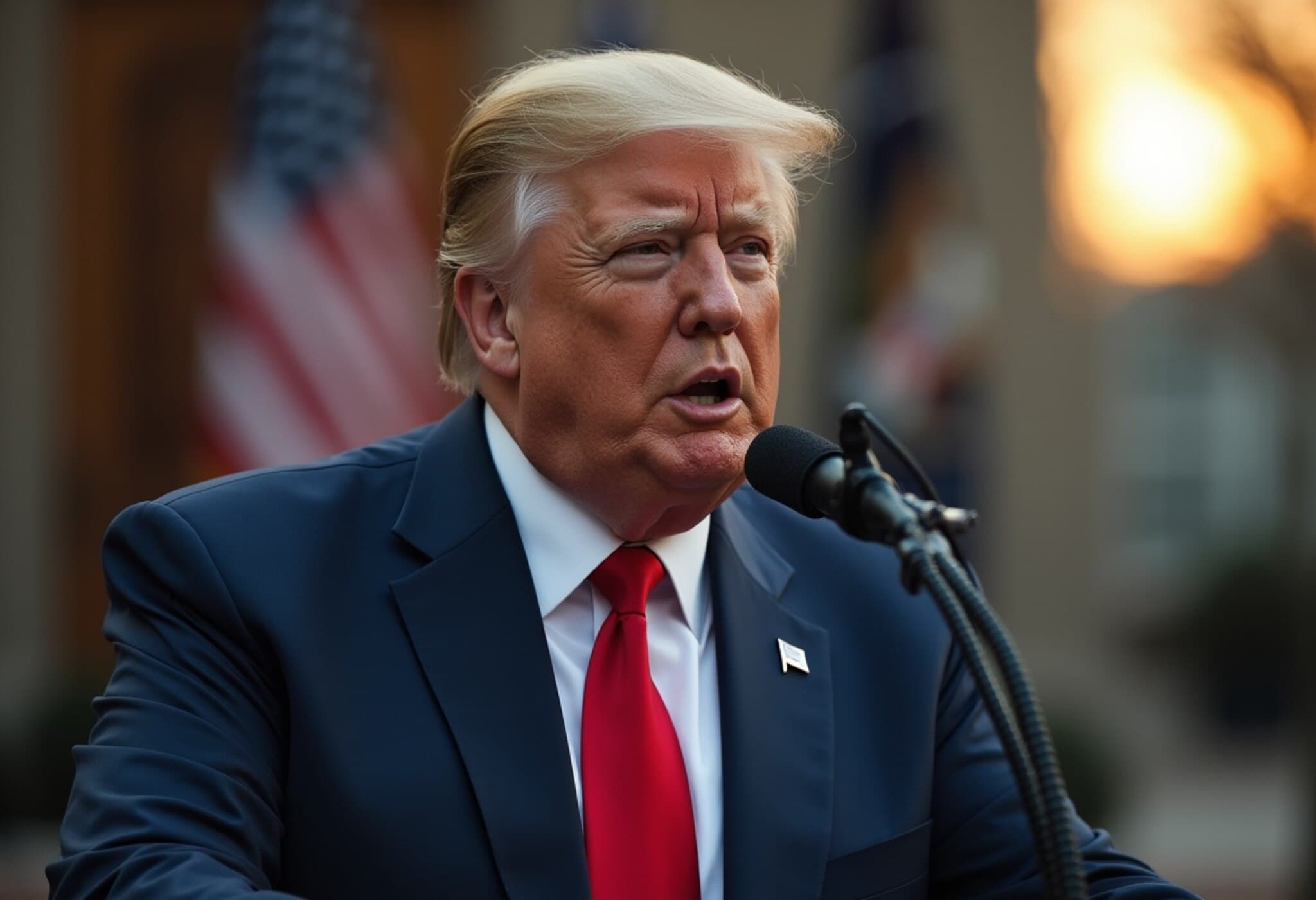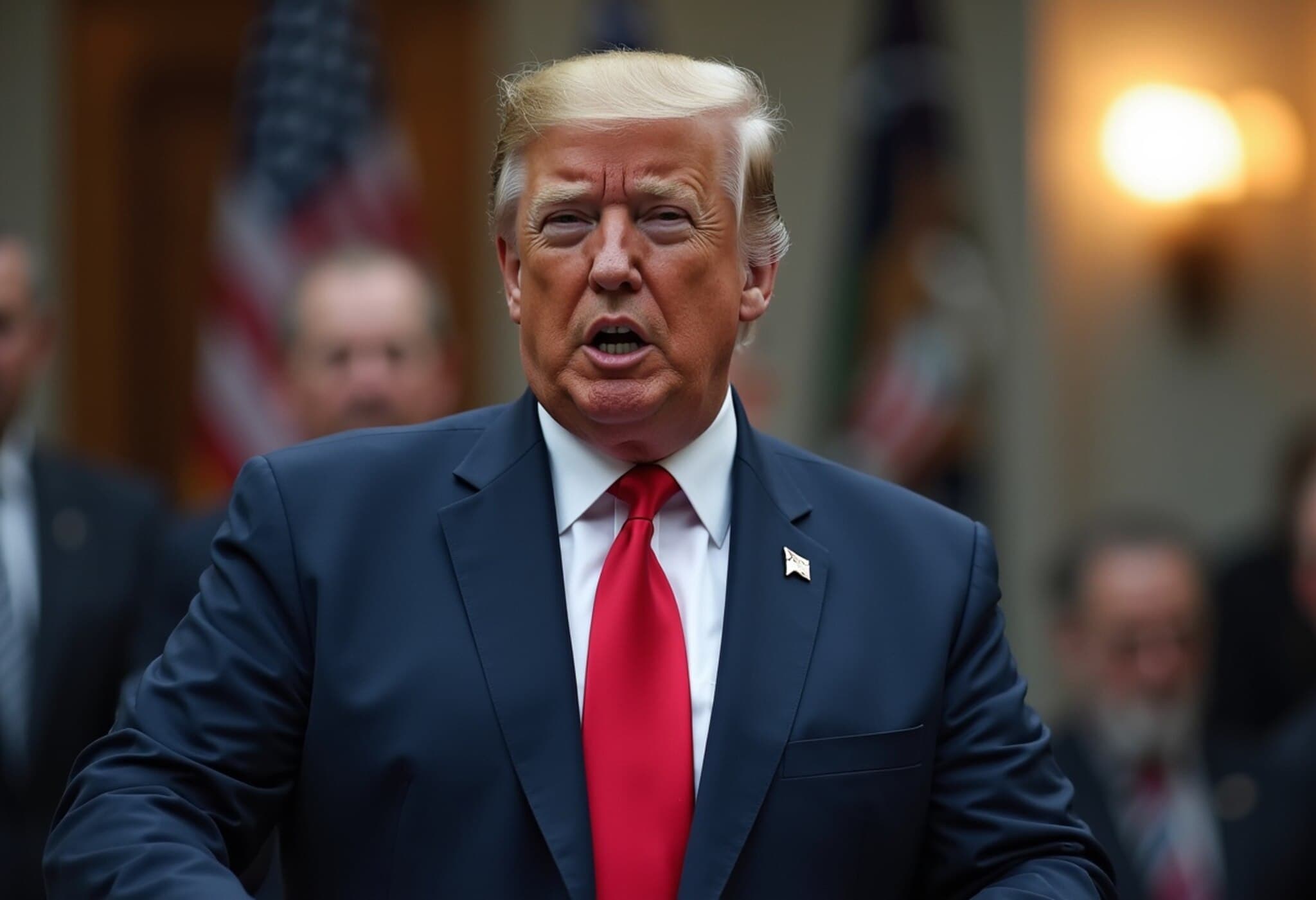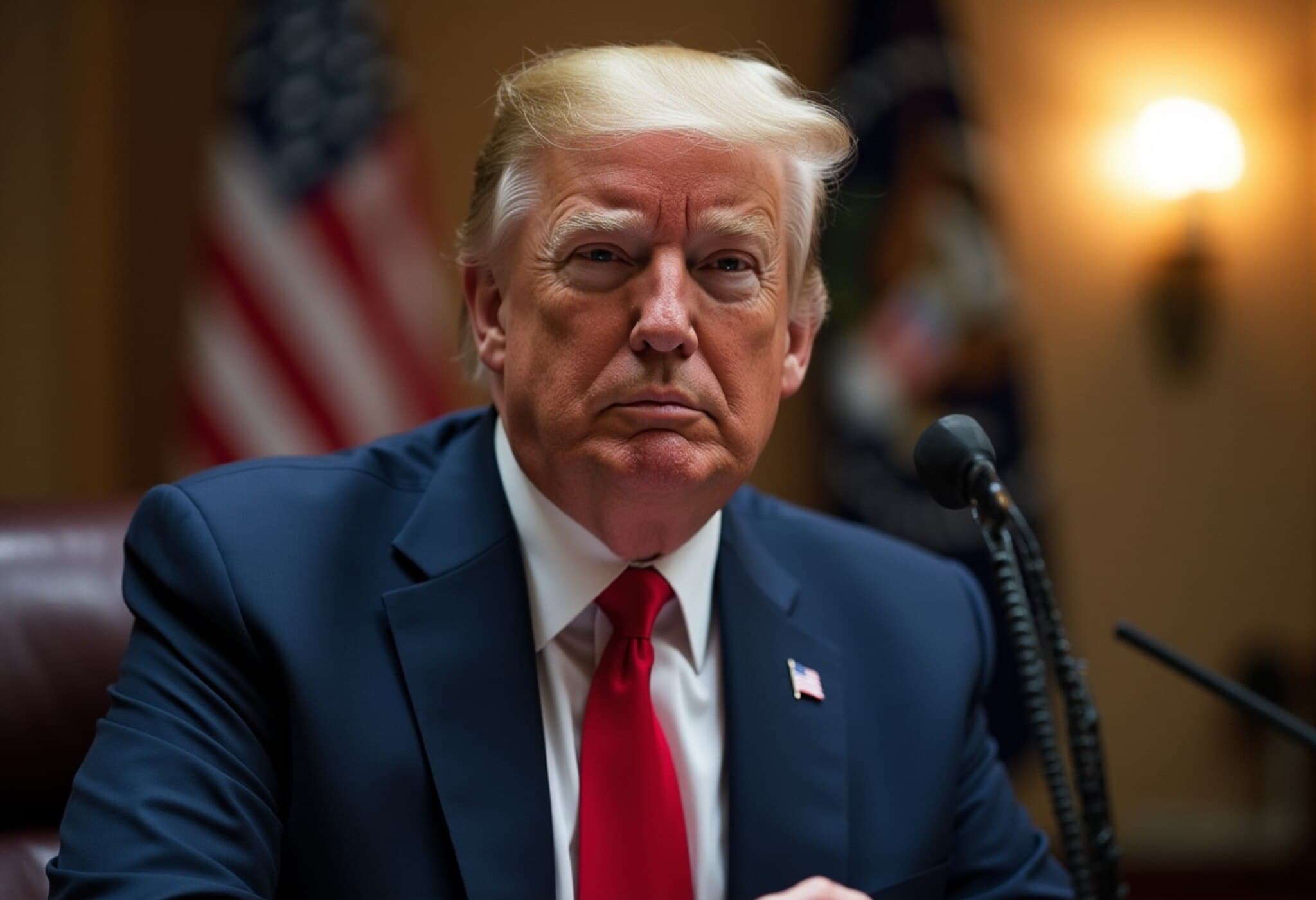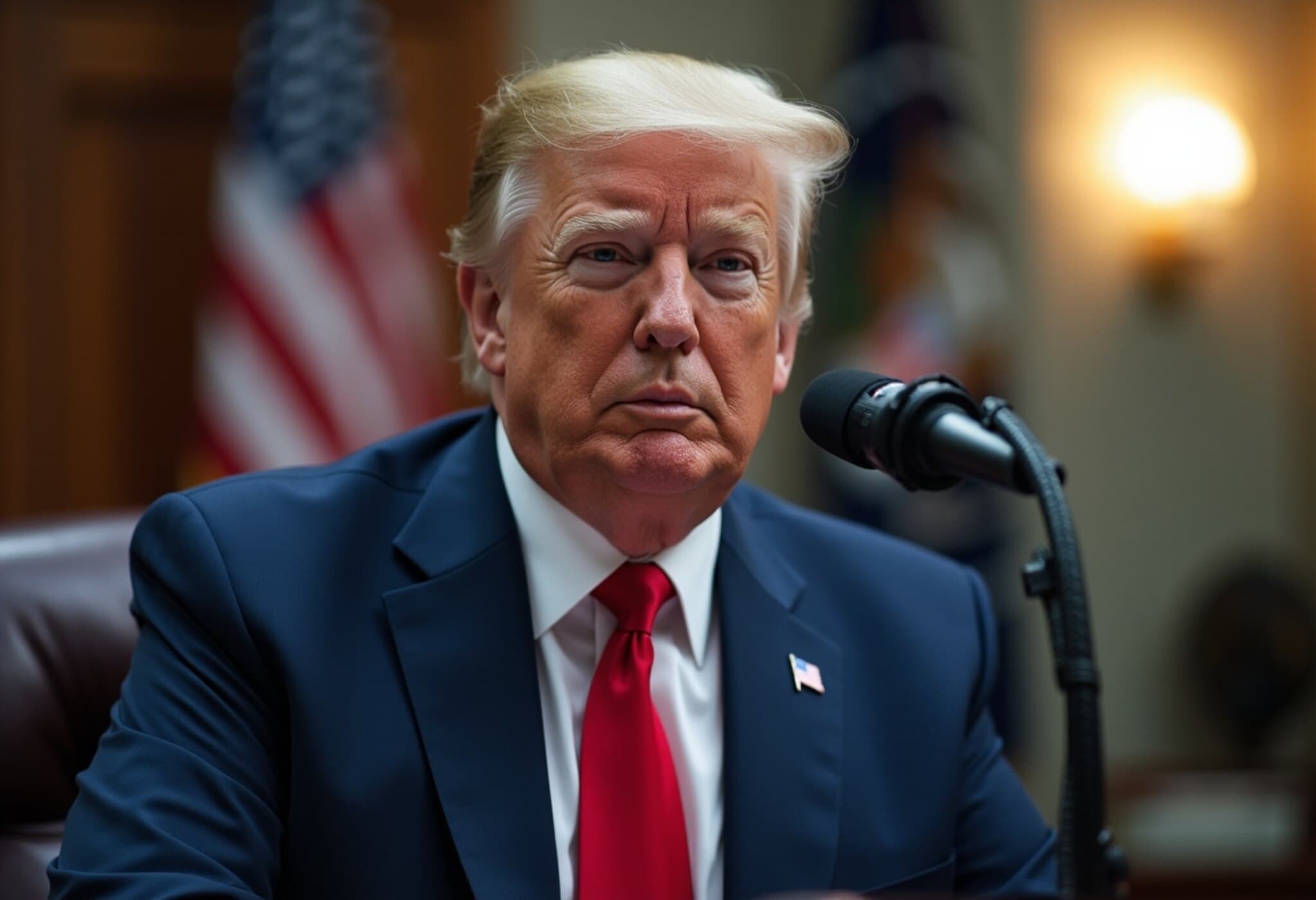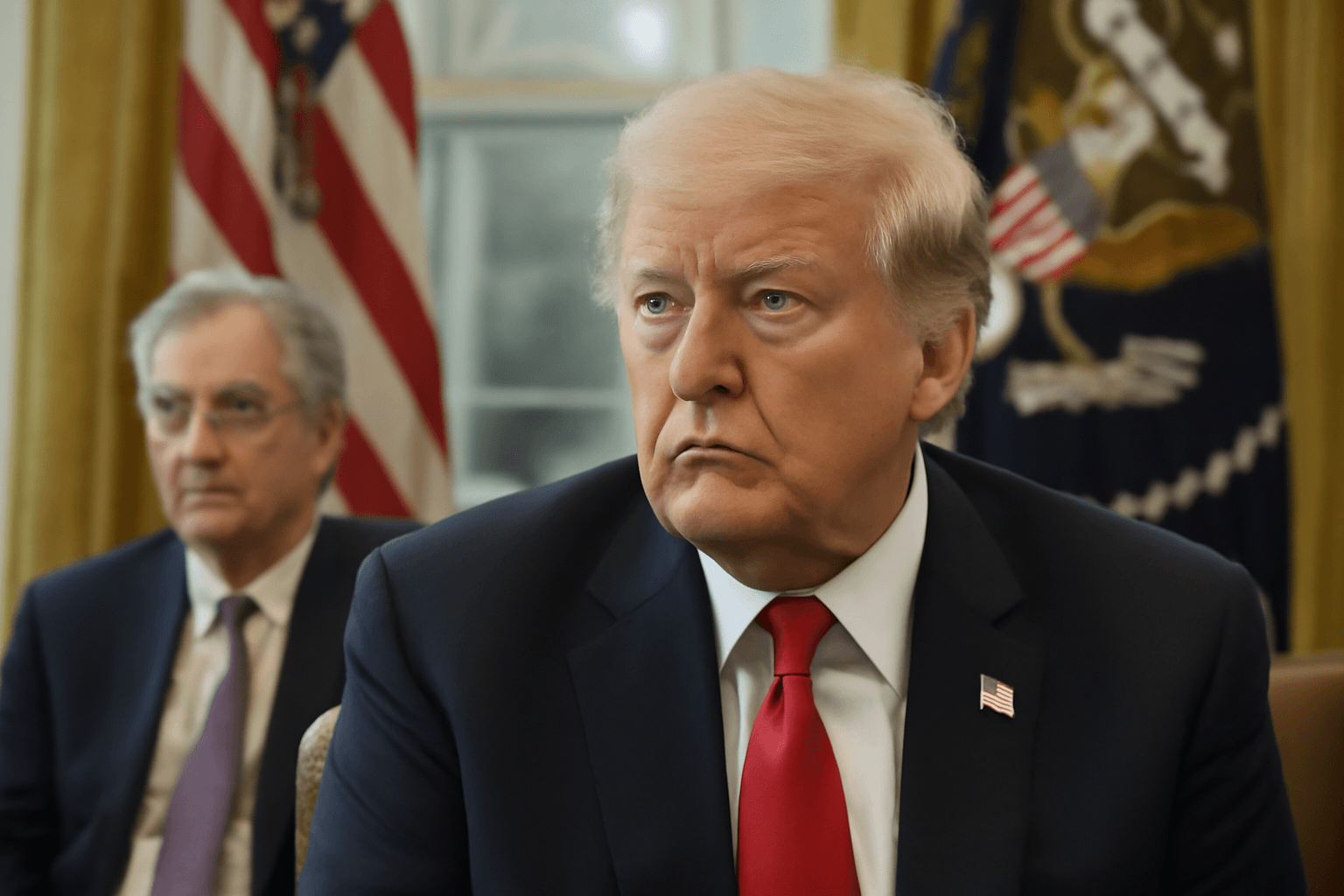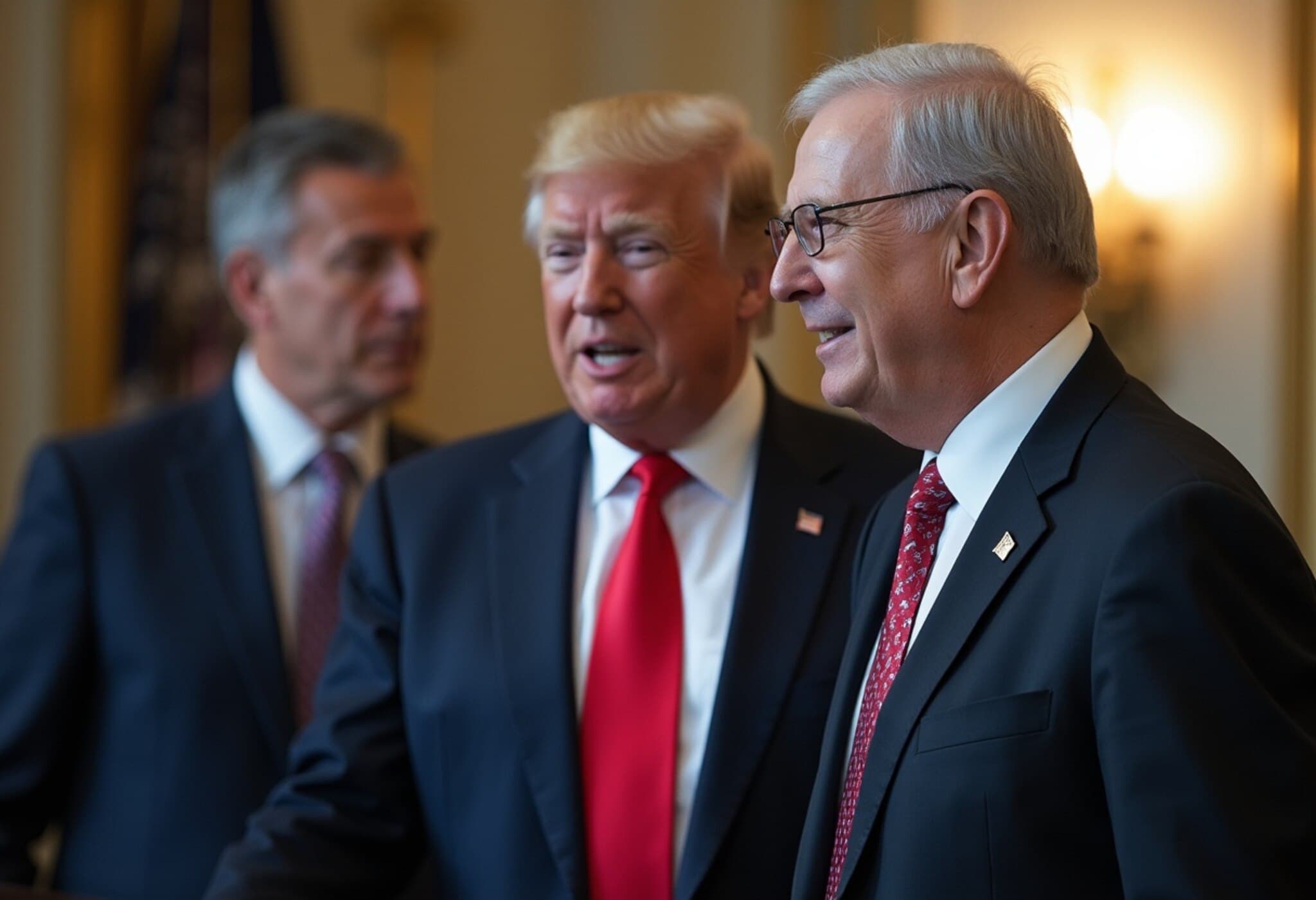Majority of Americans Feel Economic Strain from Trump-Era Tariffs, Survey Shows
As the global trade landscape continues to shift, a recent WalletHub poll reveals that 7 in 10 Americans believe that President Donald Trump’s tariff policies are eroding the value of their labor. The findings underscore a growing sentiment among U.S. workers who feel that despite their increasing efforts, economic challenges linked to tariffs and inflation are holding them back.
Hard Work Yet Diminishing Returns
The WalletHub survey conducted in 2025 paints a stark picture: 55% of U.S. adults surveyed feel their hard work is not translating into better economic outcomes due to the impact of Trump’s reciprocal tariffs. These tariffs, which reach up to 50% on certain imports, have affected numerous key trading partners, including India, heightening costs for American consumers and businesses alike.
Rising Workload Meets Growing Job Insecurity
- 70% of respondents say they are working harder now than they were in 2024, reflecting increased economic pressure.
- Nearly 60% report that the job market remains challenging, with few perceiving significant improvement.
- Concerns about technological disruption loom large; 40% worry that AI advancements may cost them their jobs.
These fears echo findings from a recent Reuters/Ipsos poll indicating that 71% of Americans view AI as a threat to permanent job stability. The combined pressures of tariffs and automation are shaping the American workforce’s outlook in profound ways.
Tariffs as a Double-Edged Sword
While tariffs were intended to protect American industries and jobs by levying duties on imports, the reality has been more complicated. Inflationary pressures caused by higher import costs have dampened consumer purchasing power. Moreover, retaliatory tariffs from trading partners have hit U.S. exporters, particularly in allied countries.
President Trump’s recent threats to impose new tariffs on nations that impose “digital taxes” targeting American tech giants such as Google, Facebook, Apple, and Amazon add another layer of complexity. On his social media platform Truth Social, Trump stated:
“As the President of the United States, I will stand up to Countries that attack our incredible American Tech Companies. Digital Taxes, Digital Services Legislation, and Digital Markets Regulations are all designed to harm… American Technology.”
He warned that if these countries do not withdraw such legislation, the U.S. will respond with “substantial additional tariffs” on their exports. This digital tax dispute has long been a contentious issue between the U.S. and several European nations who tax revenue of digital service providers.
What This Means for the American Worker and Policymakers
The findings from the WalletHub survey raise pressing questions about the efficacy of aggressive tariff policies amid an evolving global economy. For many Americans, tariffs have translated into a higher cost of living without corresponding wage growth, intensifying the struggle to get ahead.
Experts suggest that while tariffs can be useful negotiating tools, overreliance on protectionist measures risks alienating allies and driving inflation. Additionally, fears about AI replacing jobs highlight a parallel challenge requiring policy intervention — including workforce retraining and education.
Policymakers must balance protecting American interests with fostering competitive markets that support broad economic growth. The voices of the American workers, as reflected in this survey, emphasize the urgent need to ensure trade and technology policies truly deliver prosperity for all.
Editor’s Note
This WalletHub survey provides a revealing snapshot of the American workforce’s anxieties in 2025 — caught between tariff-driven inflation and rapid technological change. As the U.S. navigates these complex dynamics, it becomes essential to question: Are protectionist tariffs achieving their goals, or are they becoming a double-edged sword undermining the very workers they aim to protect? How can policymakers integrate trade and tech strategies to bolster economic security in an increasingly interconnected world?

